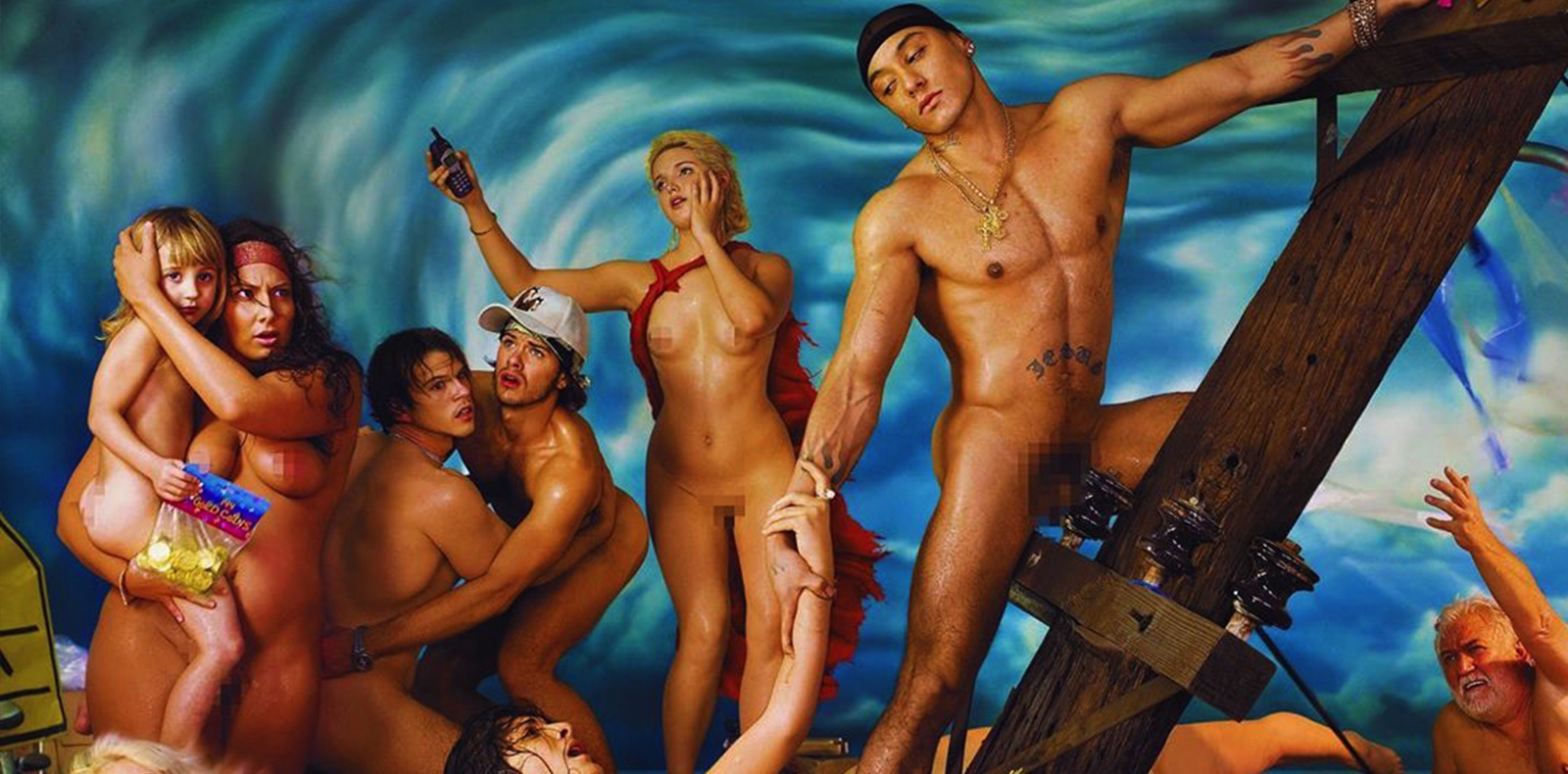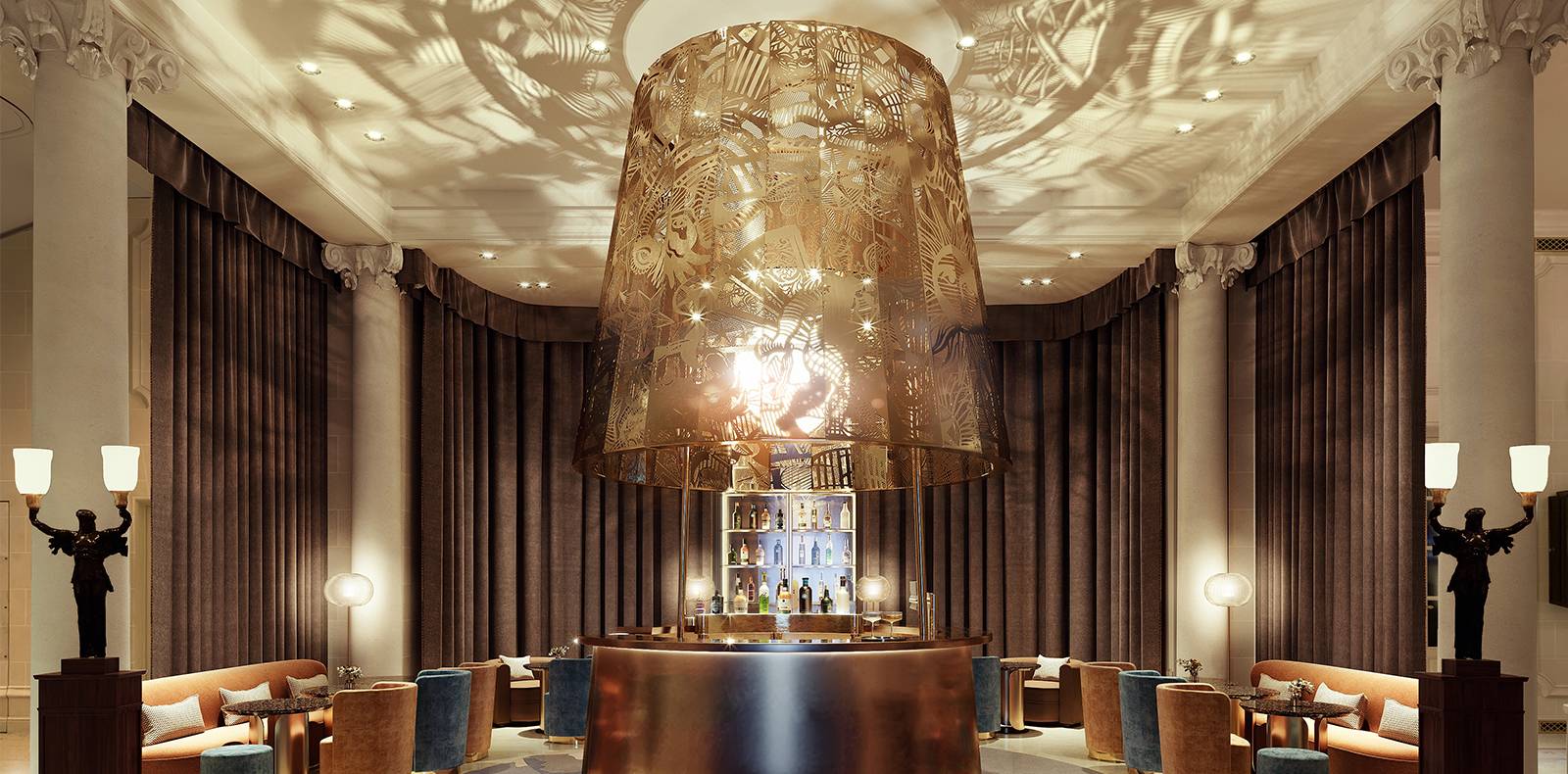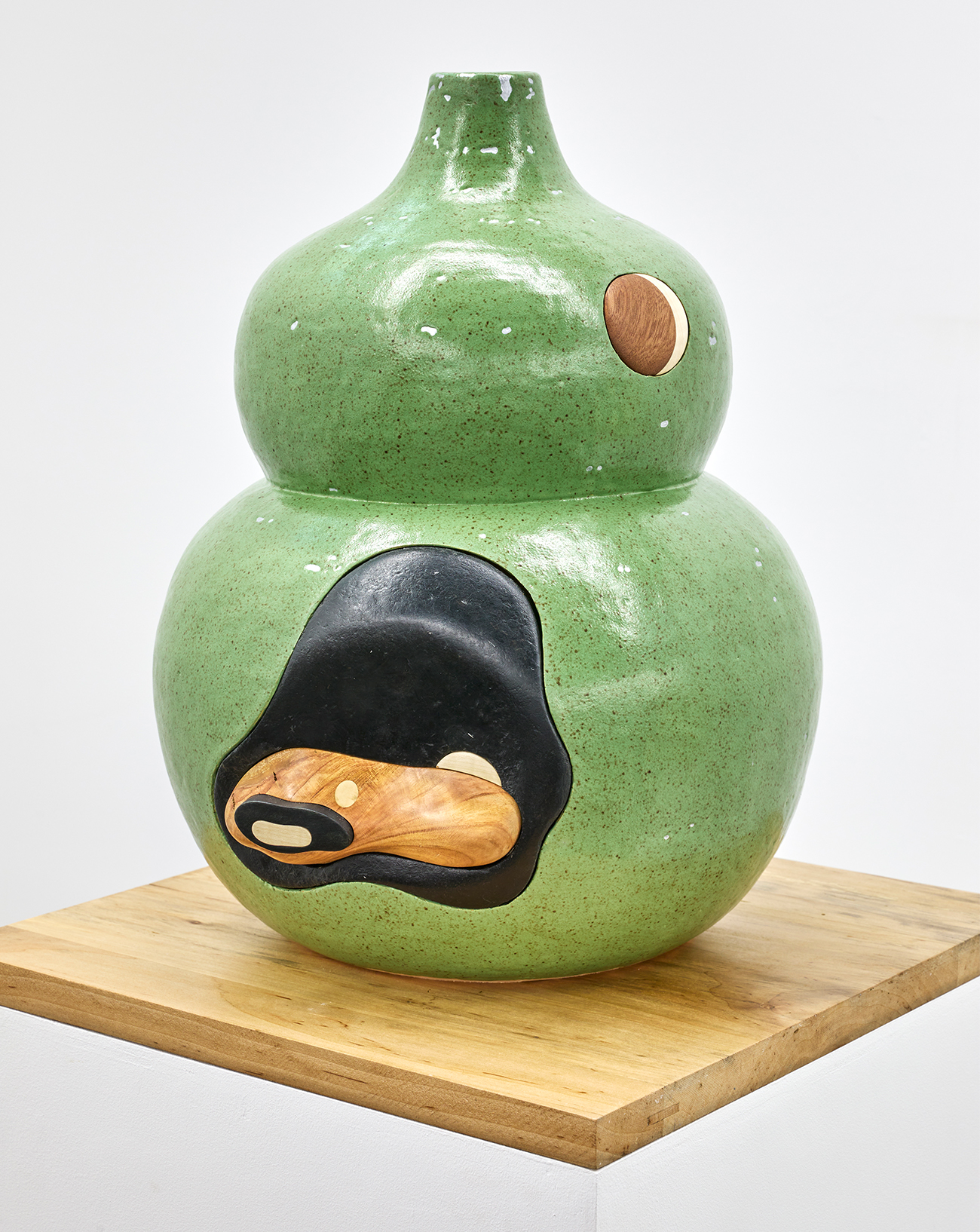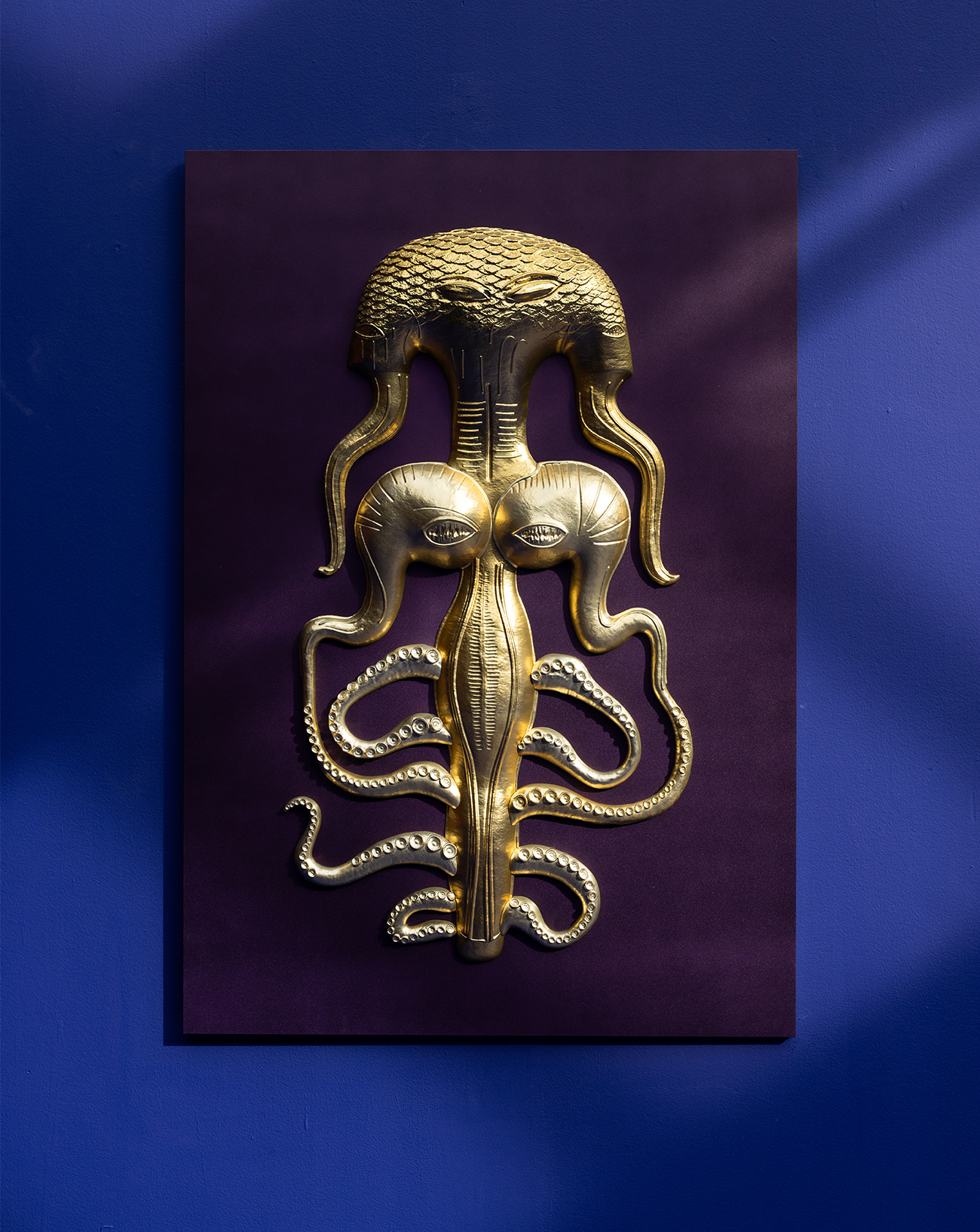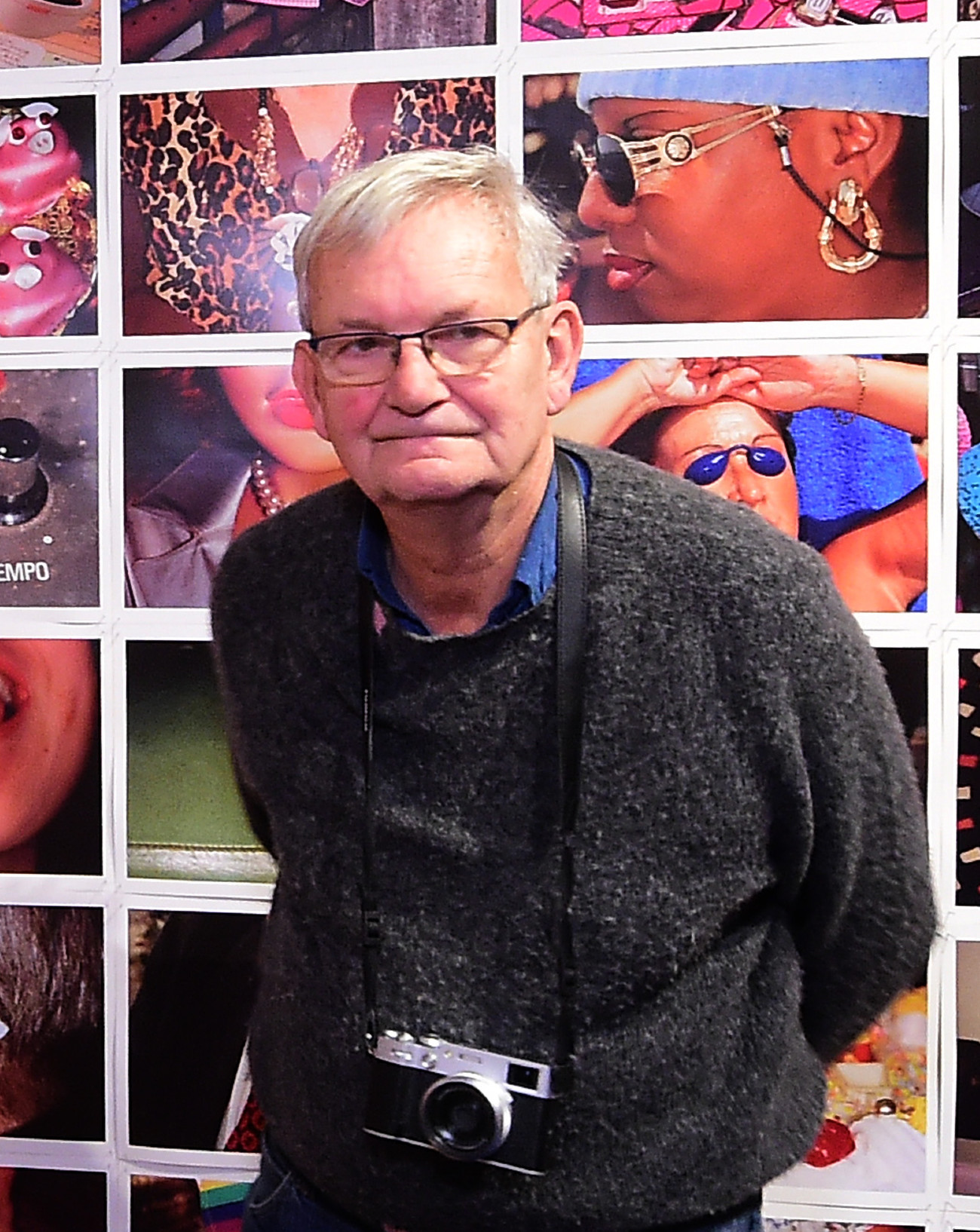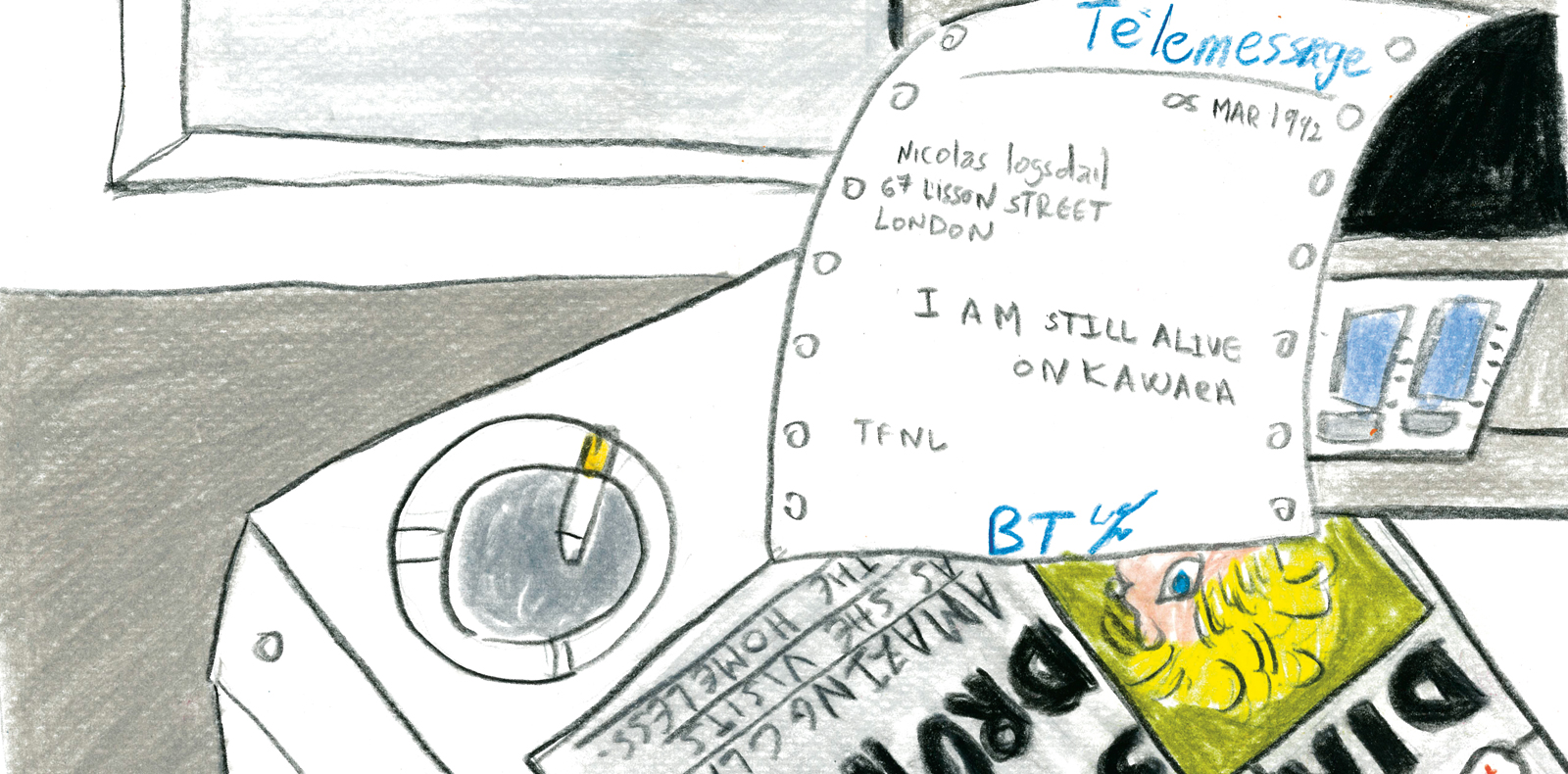
4
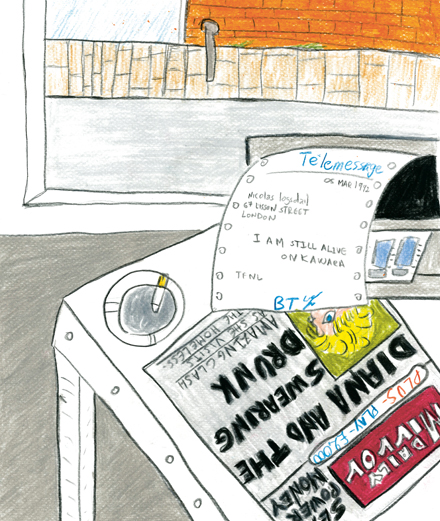
4
The day On Kawara reassured his gallerist he was still alive
On 5 March 1992, Japanese artist On Kawara sent a telegram to Nicholas Logsdail at the Lisson Gallery, London, that read “I am still alive.”
By Éric Troncy,
Illustration Soufiane Ababri.
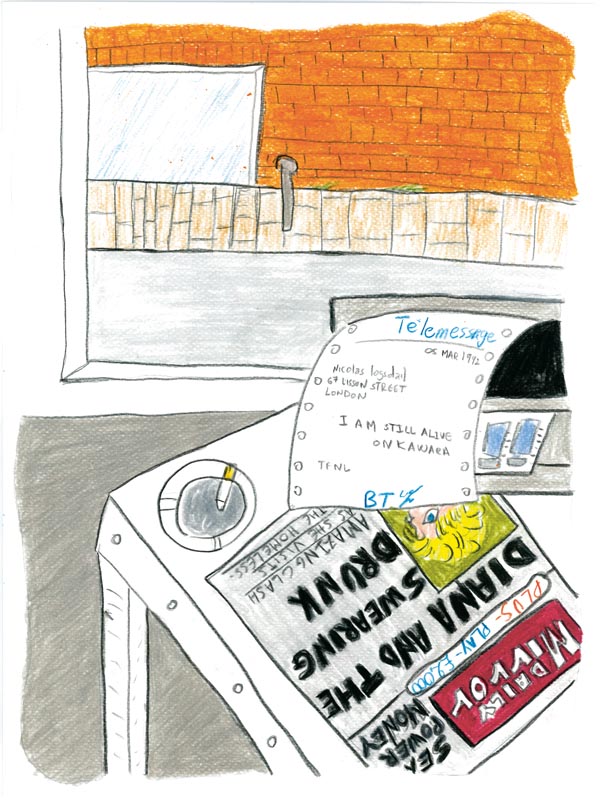
Was he seeking to reassure Logsdail ahead of his solo show on 8 May? Maybe, but not only, since this had been one of Kawara’s forms of artistic expression since the late 60s. On 1 April 1969, for example, Toshiaki Minemura received a postcard of the Empire State Building that bore the words “I got up at 8.15 A.M.” Kawara sent hundreds of cards like this, such as the picture of New York’s UN HQ he used to announce to Roger Mazarguil that he had got up at 2.37 am on 8 April 1971 (presumably jetlagged).
Kawara’s first telegram in this vein, sent on 5 December 1969 to the critic and curator Michel Claura, read: “I am not going to commit suicide, don’t worry.” It was followed three days later by, “I am not going to commit suicide, worry,” after which the affair was closed with the message “I am going to sleep, forget it” on 11 December 1969. A month later Kawara sent his first “I am still alive” telegram – a gesture he would repeat time and time again throughout his career.
After he died, on 10 July 2014, the tweets continued for another year, proudly announcing “I am still alive” in a complete disconnect from reality.
In 2009, the artist Pall Thayer anonymously opened a Twitter account in the name of On Kawara (without telling him) and programmed a bot to tweet “I am still alive” every day at 10.00 am. When the account reached 100 followers, Thayer claimed paternity, and Kawara said nothing. After he died, on 10 July 2014, the tweets continued for another year, proudly announcing “I am still alive” in a complete disconnect from reality. In 1973, the Italian artist Salvo (real name Salvatore Mangione) had a marble plaque engraved with the words “Salvo è vivo” (“Salvo is alive”). Since his death, in 2015, it’s the back of the work that is now shown, engraved with the words “Salvo è morte” (“Salvo is dead”).








